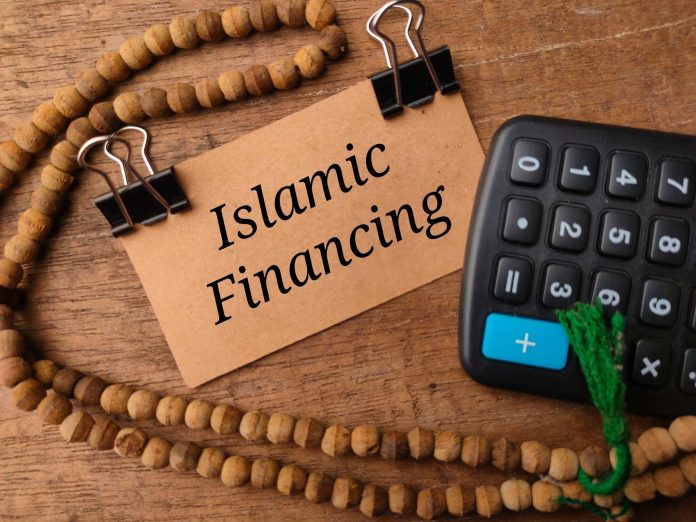Somal Magazine Sep 24,2023-The first Islamic bond has been issued by Kenya’s Capital Markets Authority (CMA).
This Islamic bond aim to tap into the unexplored potential of sharia-compliant financing and setting the tone for diversification of capital markets in East Africa.
The issuer of the sukuk bond, Linzo Finco Trust, targets to raise $20 million, at a return of 11.13 percent, to build some 3,069 housing units to support the government’s affordable housing agenda.
CMA’s chief executive officer Wycliffe Shammiah “This is also a milestone in efforts to diversify the country’s capital markets to provide inclusive investment avenues for both local and foreign investors and this represents not only a new investment opportunity but also a significant step towards addressing the housing deficit in Kenya.”
The regulator also pointed out that the new instrument will further open up the country’s capital markets to groups of ethical investors who want to participate in our capital markets but have not had an opportunity.
Sukuk bonds are governed by Islamic law (Sharia), which forbids charging or receipt of interest or investment in businesses considered undesirable or unlawful. It also forbids any form of uncertainty or transactions that involve speculation.
As they primarily target Muslims, Sharia-compliant financial instruments have generally been uncommon in the region as countries have large Christian populations. In Kenya, for example, just about 9.7 percent of the population is Muslim, while about 11.5 percent of Ugandans and 31 percent of Tanzanians subscribe to Islam.
As per the World Bank data, sukuk bonds are uncommon outside Malaysia and the Middle East because in many markets, there have been no sovereign issues of sukuk bonds, which should serve as ‘a benchmark yield curve for the market’.
World Bank data “Without such a benchmark yield curve, it is difficult for other issuers as well as investors to access the market with confidence.”
Another factor affecting the growth of sukuk bond is the general lack of secondary markets that causes illiquidity as investors cannot buy or sell the assets easily. The World Bank research says investors normally hold their sukuk bonds to maturity because of the difficult to find others.
Earlier this month Uganda this month licensed its first Islamic bank to offer Sharia-compliant financial services to the populations unsuited for conventional banking products.
Kenya has also been exploring the option of issuing a sukuk sovereign bond to raise finance from the international markets as it prepares to settle the $2 billion Eurobond maturing in June 2024.

